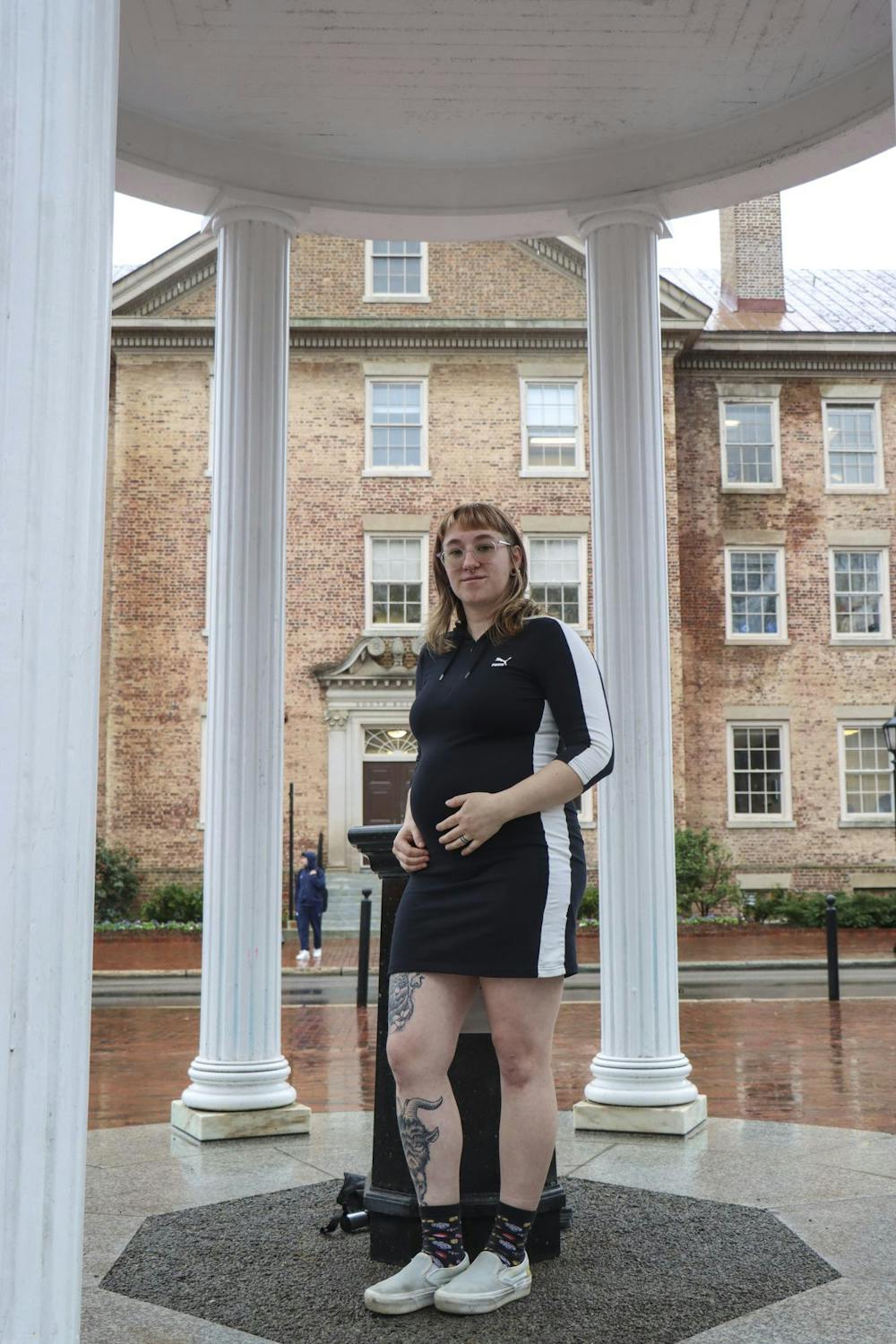When UNC Environment, Health and Safety employee Jessica Haiges found out she was pregnant in October, she requested accommodations because she works closely with toxic chemicals as a hazardous materials specialist.
Haiges requested accommodations for her condition through the University's Equal Opportunity and Compliance Office. When she saw that the EOC office could take up to 30 days to respond later that month, she notified her employer and a human resources representative in her department.
Fromwhen she notified her employer of her concern regarding her position and pregnancy on Oct. 24 until early December, Haiges was assigned alternative tasks within the EHS department.
Haiges' doctor recommended to the EOC office on Nov. 1 that Haiges be allowed to avoid all toxin exposure while pregnant. The EOC office requested specific information from her medical provider about which chemicals may be hazardous and the possible solution of personal protective equipment multiple times. The appropriate documentation about the PPE was provided on Nov. 27, according to the EOC office.
Haiges said the EHS department determined she could work with a respirator after she returned with an updated statement from her OB-GYN. As a pregnant person with asthma, Haiges said her oxygen saturation dropped to 94 percent.
The Society for Maternal-Fetal Medicine recommends keeping oxygen saturation at above or equal to 95 percent in pregnant individuals.
On Nov. 29, Haiges filed a complaint with the U.S. Equal Employment Opportunity Commission alleging pregnancy discrimination.
She said her OB-GYN then advised against wearing the respirator. In early December, the EOC office and the EHS department began working with Haiges to look for a job reassignment.
Jeffrey Hirsch, a law professor at UNC, said reassignment can be a reasonable accommodation employers might provide for pregnancy-related conditions.




